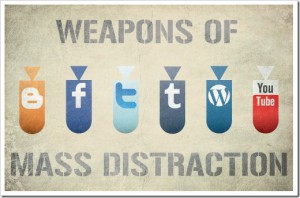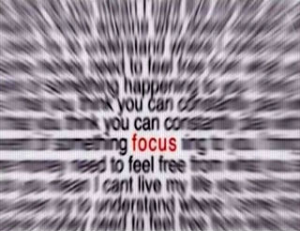I am sitting in a graduate seminar this term — just for fun – and we’re discussing Plato’s Republic, specifically why Socrates calls for poets to be banished (even though he loves them).
I am very familiar with this text and with the professor’s take on it; he is one of my academic idols and I could just bask in his intellect all day long. I’m also fascinated by the power of poetry – I’ve staked years of my own life on it – and how its place in society has been argued for and against ever since Plato’s Republic. Needless to say, this is my shit!
But as we get further into the reading, about 2 hours into the seminar, I feel my eyelids getting heavy, and I let my vision blur on the page – not even the page that we’re on.
When I notice that I’ve been drifting, I try to force myself back into at least some appearance of alertness, but my focus is gone.
Rather than return to the text and to the voices in the room, my thoughts turn to the memory of seeing someone in our first COLT 211 class struggle to keep his eyes open (this student dropped, by the way, so I’m not shaming anyone!). At the time, it made me a tiny bit sad – that I could be THAT boring.
But now that I am experiencing the difficulty of staying awake when I am absolutely invested in what’s happening and yet can’t keep my fucking eyes open … I have empathy. I don’t take it personally. This realization brought a flood of memories from my 7 years of teaching at the U of O, and I start delighting in how far I’ve come, how much I’ve grown as a teacher and a person, that I could be here now, no longer caring what my students think about me so that I’m giving every ounce of my energy to what we’re doing as a class.
Then I recognized that I was not at all present in this class, and that being in this class – in academia – is such a privilege and I’m not making the most of it. Because I can only talk about theory for so long before … I’m ready to get back to real life, to my life. As Socrates himself (allegedly) said, you are what you do.
In a sense, I just enacted point of Plato’s Republic: to get rid of distraction (poetry) from the task of serving a society based on reason.
For so many reasons, I would have been banished, too.
But I did manage to produce something in the margins, SOME NOTES FOR THIS EXAMPLE POST!



